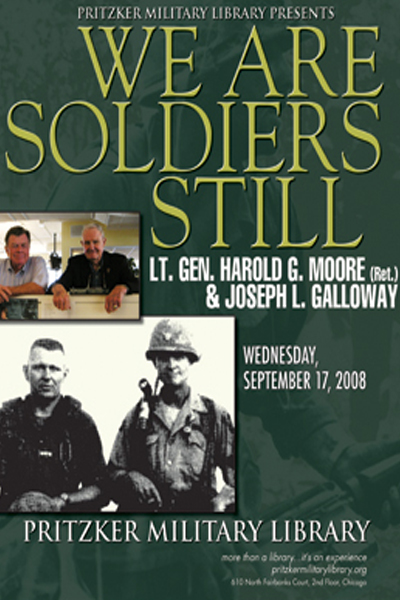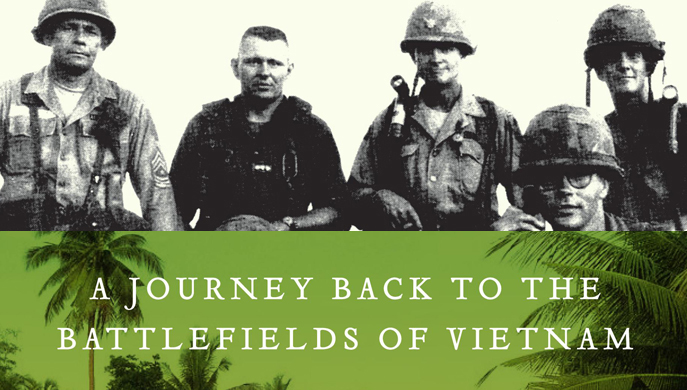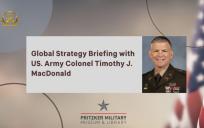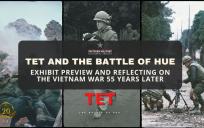
Record date:
Joe Galloway and Hal Moore: We Are Soldiers Still: A Journey Back to the Battlefields of Vietnam
They were soldiers once, and young - and today, though many years older, they are soldiers still.
It was the 1992 publication (and Vietnamese translation) of We Were Soldiers Once...and Young that allowed journalist Galloway and retired Lt. Gen. Moore to return to the Ia Drang Valley, in the remote Central Highlands of Vietnam, site of the battle chronicled in their first book. Joined by men they had fought with, such as Medal of Honor recipient Bruce Crandall - and men they had fought against, such as North Vietnamese Lt. Gen. Nguyen Huu An - and equipped with only Moore's old Army battle maps and Galloway's very old Boy Scout compass, they returned to what they describe as "ground hallowed by the sacrifices of our menâ¦no one who fought there, on either side, talked seriously about who won and who lost. In such a slaughterhouse there are no winners, only survivors."
In We Are Soldiers Still, Galloway and Moore find occasion to reconcile with old enemies, examine the face of a land once scarred by war and now reclaimed by nature, and honor friends and young men lost in battle. They also reflect on lessons learned throughout their careers - how they were both changed by war, and how those lessons apply to wars being fought by young men today.
Joseph L. Galloway, sixty-six, is the author of a weekly syndicated column on military and national security affairs. He recently retired as senior military correspondent of Knight-Ridder Newspapers. Galloway spent twenty-two years as a foreign and war correspondent and bureau chief for United Press International, and nearly twenty years as a senior editor for U.S. News & World Report.
Lt. Gen. Harold G. Moore, USA (Ret.), eighty-six, was a master parachutist and Army aviator, commanded two infantry companies in the Korean War, and was a battalion and brigade commander in Vietnam. He retired from the Army in 1977 with thirty-two years' service.
Hal Moore's Principles
There are a number of other principles - some mine, some drawn from men I admire, like Gen. Colin Powell - that will help anyone be a better, more effective leader:
Be dead honest and totally candid with those above and below you.
There must be total loyalty, up and down the chain of command.
If you have to take a subordinate to the woodshed do it in private. Praise someone in public; correct or counsel him privately. Never take a subordinate's pride and self-respect away.
Treat everyone fair and square, without favorites. If you discover subordinates with extraordinary talent give them the toughest jobs, not the easiest ones, and mentor them.
Stay away from higher headquarters or corporate headquarters unless summoned. No good can come from wandering aimlessly around corridors filled with bosses alert any sign someone is underemployed.
As you push power and decision-making authority you must also push subsequent praise and recognition for outstanding unit performance down as well. Don't hog the glory for yourself if you want to build a superb team.
Good leaders don't wait for official permission to try out a new idea. In any organization if you go looking for permission you will inevitably find the one person who thinks his job is to say "NO!" It's easier to get forgiveness than permission.
The leader in the field is always right and the rear echelon wrong, unless proved otherwise. Shift power and accountability to the people who are bringing in the beans, not the ones who are counting and analyzing them.
- Lt. Gen. Harold Moore, USA (Ret.)
from the book We are Soldiers Still










